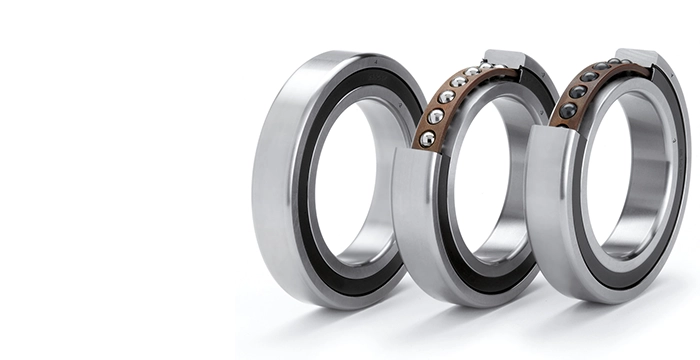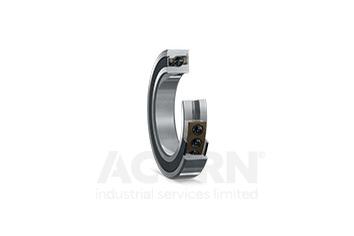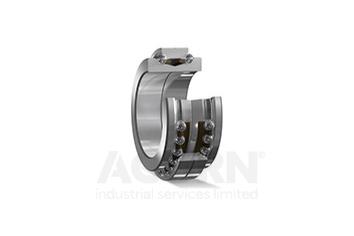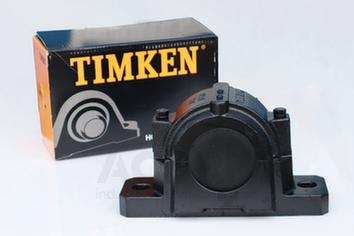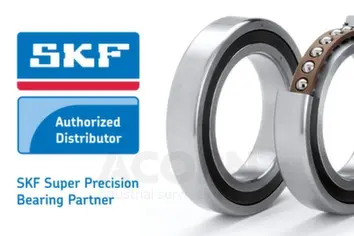Key Features of Precision Ball Bearings
High Accuracy
Precision ball bearings are manufactured to exacting standards, ensuring minimal deviation in dimensions and performance.
- Dimensional Precision: The bearings are produced with minimal dimensional variations, ensuring a perfect fit in their applications.
- Rotational Accuracy: High precision in the bearing's rotation reduces vibration and noise, contributing to the overall accuracy of the machinery.
Low Friction
Designed to reduce friction, precision ball bearings enhance efficiency and minimise wear and tear.
- Smooth Movement: The low friction ensures smooth and consistent movement, which is essential for high-speed and high-precision applications.
High Load Capacity
Despite their precision, these bearings can also handle significant radial and axial loads, making them suitable for demanding applications.
- Radial Loads: Precision ball bearings can handle substantial radial loads, which are perpendicular to the shaft.
- Axial Loads: They are also capable of supporting axial loads, which are parallel to the shaft.
- Load Distribution: The design ensures even distribution of loads across the bearing.
Longevity
Built to last, precision ball bearings use high-quality materials and advanced manufacturing techniques to ensure a long service life, even under challenging conditions
- High-quality materials: made from premium metals such as high-grade steel and special alloys
- Corrosion Resistance: treated with coatings or made from materials that resist corrosion
Smooth Operation
The smooth operation is a result of the bearing's design, materials, and manufacturing precision.
- Quiet Performance: The precise engineering and high-quality materials reduce noise and vibration, ensuring quiet operation.
- Consistent Movement: The smooth operation ensures consistent and reliable movement.
Types of Precision Ball Bearings:
- Deep Groove Ball Bearings: Single row are the most common type of ball bearings and are suitable for a wide range of applications. Also available in double row design. The double-row design provides greater rigidity and stability.
- Angular Contact Ball Bearings: Commonly used in machine tool spindles, pumps, compressors, and high-speed motors.
- Self-Aligning Ball Bearings: These bearings have two rows of balls and a common spherical raceway in the outer ring, allowing them to accommodate misalignment and shaft deflections.
- Thrust Ball Bearings: Available in single direction and double direction. Both provide high precision and low friction, suitable for high-speed applications.
Common Applications:
- Machine Tools: CNC machines, lathes, milling machines, grinding machines
- Robotics: Industrial robots, robotic arms. automated guided vehicles (AGVs)
- Medical Equipment: MRI machines, CT scanners, surgical systems
- Packaging Machinery: High-speed packing machines, labeling machines, filling machines
- Textile Machinery: Spinning machines, weaving machines, knitting machines
